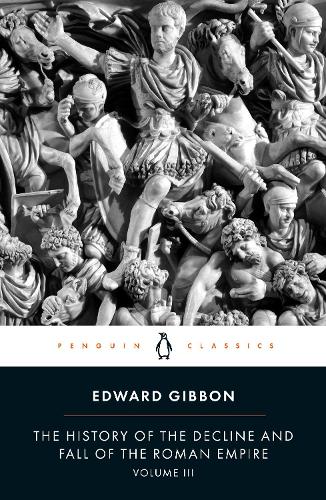The review appreciates the detailed summary of the first 66 Roman Emperors and Gibbon's touch on Christianity. It suggests that the work is a valuable resource for understanding the complexities of the Roman Empire.
This Goodreads review highlights the first volume of Gibbon's work, which provides a thorough summary of the early Roman Emperors. They find Gibbon's inclusion of Christianity's role in the empire's decline particularly insightful. The reviewer suggests that while the work is dense, it offers a rich tapestry of historical events and figures that are crucial for understanding the fall of the Roman Empire. They recommend it to readers who are serious about delving into ancient history.
Quick quotes
Volume I presented a wonderful summary of the Empire's first 66 Emperors – ending with Licinius in the early 4th century.
Gibbon then touched on Christianity, providing a nuanced perspective on its influence.
This is a valuable resource for anyone interested in the complexities of the Roman Empire.
